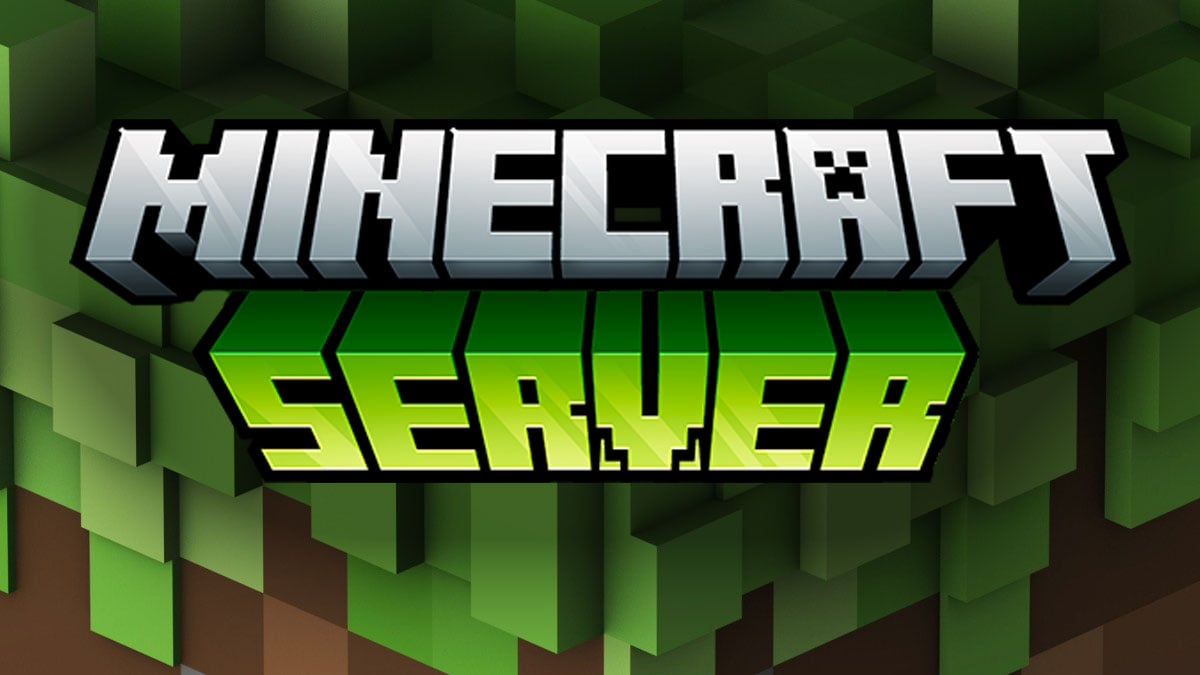Hundreds of millions of players worldwide play Minecraft, building worlds and exploring mines endlessly. You can host a dedicated Minecraft server if you want a living world you can share with your friends even when you’re not online.
Running a Minecraft server is no easy feat, and as a server owner, you must carefully consider the advantages and drawbacks of two distinct methods. Numerous factors will influence your decision, including pricing, diversity of features, technical expertise, performance, and more. In this article, we will provide an overview of the available options from various services and even home-based solutions, enabling you to make an informed decision that perfectly aligns with your specific requirements.
Hosting Your Own Server
Running a server from your own home comes with the advantage of being cost-free in terms of money, as you won’t have to pay for hosting services. However, there are notable risks and drawbacks associated with this approach.
Firstly, to keep the server available for others to access when you’re not playing, the hosting device must remain online. If you use your primary computer for hosting, this means leaving it running overnight or for extended periods.
Secondly, security becomes a concern, especially if the server is public. Your personal IP address will be associated with the server, potentially exposing your Wifi Address to others. This could lead to malicious individuals using this information to dox you and access your personal details, including your physical address.
Furthermore, performance issues may arise, depending on the computer’s capabilities and the number of players expected to join. A sufficient amount of RAM must be dedicated to the server to provide a smooth and lag-free experience for all participants. Inadequate resources could lead to an unsatisfactory gaming experience.
In addition to these challenges, creating, operating, maintaining, and updating the server require technical expertise, particularly if you plan to include plugins or mods.
While this method has numerous downsides, it remains the only truly cost-free option without any financial commitments. Ultimately, its viability depends on your technical prowess and knowledge in managing such a setup.
Minecraft Dedicated Server Hosting
Utilizing a dedicated server hosting provider for Minecraft is like employing a web host. In this arrangement, you pay a monthly, quarterly, or annual fee to access the vendor’s servers, which offer enhanced security, improved performance, and the flexibility to apply modpacks for personalized multiplayer experiences.
The cost of this method depends on the service’s specifications, quality, and available options, and as the saying goes, you get what you pay for. At Beehosting, we provide a wide range of services and additional features tailored to suit all types of servers and individual requirements.
By opting for server hosting, you mitigate the risk of cyber attacks on your personal IP since the server is hosted in a separate location from your home. While this might not be a critical concern for gaming with friends, most servers greatly benefit from the enhanced security it offers.
Server Hosting services typically include an information network that aids you in managing your server according to your preferences. Since many individuals lack the technical expertise to grasp all these aspects on their own, having readily available resources is a significant advantage. You might not realize the importance of such resources until you face the absence of them.
Furthermore, Dedicated Server Hosting often offers extended customer support. Considering the diverse servers and add-ons used, technical issues and challenges are likely to arise. Customer support is dedicated to assisting you in every possible way, whether it’s resolving bugs caused by conflicting mods, providing guidance on plugins, or furnishing you with essential information to ensure your success.
Version of Minecraft
Minecraft has two different versions: Java and Bedrock. The cost of the Minecraft Server can vary depending on which version you choose to play.
The Java version is the most commonly used Minecraft Server version on Mac and PC, and it is the default version available on Minecraft.net. On the other hand, the Bedrock version, also known as Pocket Edition (PE) or Pocketmine, is specifically designed for mobile devices like iOS and Android.
Selecting the appropriate Minecraft Server type is crucial because Java and Bedrock users cannot play on the same server. If you wish to have a server that accommodates both Minecraft Java and Pocket Edition players, you will need to set up two separate servers, which will ultimately increase your monthly expenses.
How Much RAM Does a Minecraft Server Need?
For a Minecraft Server running the vanilla version of Minecraft 1.14 with 1-5 players, it is advisable to allocate at least 1.5GB of RAM. This serves as the minimum recommended RAM requirement.
However, if you plan to incorporate plugins or mods or intend to play with a larger number of players, additional RAM will be necessary to handle the increased load. For instance, Minecraft Feed The Beast typically requires around 3GB of RAM to run smoothly with just a few players.
A sensible starting point for most users is a Minecraft Server running with 2GB of RAM. Remember, you can always adjust and upgrade the RAM later as needed.
Conclusion
There are two main options for hosting a Minecraft server: you can host it on your personal computer, taking on the technical responsibilities and resource management yourself. Alternatively, you can opt for a paid server hosting service that offers a more polished and feature-rich experience. Ultimately, the decision should be based on what suits your needs best. If you’re tech-savvy and have the necessary resources, running your own server might be the way to go. However, if you prefer peace of mind and user-friendliness, server hosting is a great choice.
In case you decide to explore server hosting options, you can find a range of Beehosting Game Servers for affordable prices.










